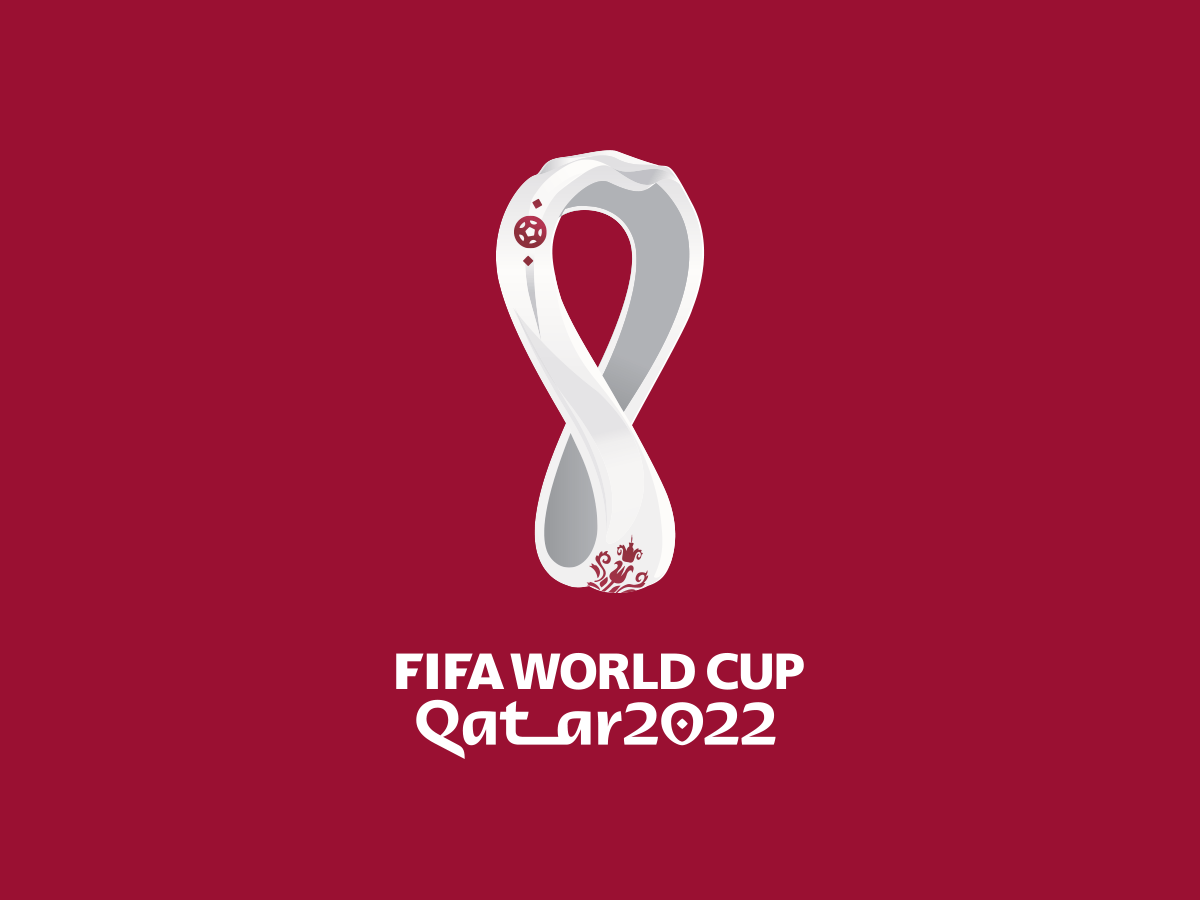2022 FIFA World Cup: Progress Of Crypto Betting And Controversy Are On The Cards


With the 2022 FIFA World Cup only a couple of days away, the sports betting world is getting ready for what promises to be a phenomenal tournament. Crypto.com sponsors the tournament itself, so this could mark the time when crypto betting enters the public sphere.
But there are also some dark clouds over the Qatari sky. The tournament has had its fair share of controversy. Read on to learn more about the issues the tournament faced before the matches even started.
Is This the Time Crypto Betting Kicks Off?
Despite the latest iteration of the so-called crypto winter, crypto betting has risen in 2022. Over the years, the markets have fallen only to rise again stronger than ever. What we are currently experiencing might simply be one of those times.
According to SoftSwiss, a company developing crypto betting platforms, the number of bets made with the top two cryptos, Bitcoin and Ethereum, are down in 2022. However, at the same time, several smaller cryptos have been on the rise.
However, the proportion between bets made with fiat currencies and cryptos is more important. The SoftSwiss State of Crypto report shows that 29.7% of all bets made on the company’s platform were in cryptocurrency during the first half of 2021. A year later, the number is 34.8%.
Crypto Betting Exchanges – The Future of Betting?
The popularity of betting exchanges is growing, and these exchanges can also benefit from the decentralized nature of cryptocurrencies. When you bet at a regular bookmaker, the bookie sets the odds based on the volume of bets and calculates a sure way for it to profit.
Players play against one another at a betting exchange and the exchange is merely a platform. The other players are all that limit the odds. The more punters who bet on the same match, the more you can win. Betting exchanges charge a small fee for every bet, but the result of the match does not matter to them.
The problem with betting exchanges is that sometimes they charge very high commissions if you win big. For example, Betfair charges a massive 20% fee if you win more than $250,000. Decentralized and fully transparent crypto platforms might be a way to eliminate these massive fees that ultimately limit winnings.
Crypto Companies Are Getting Serious About Sponsoring Football
Cryptocurrencies have become increasingly mainstream. This is also evident when you look at the sponsorship deals between leagues, clubs, and crypto companies. For example, the online trading platform eToro has partnered with several English Premier League clubs. The crypto betting site Stake.com is sponsoring Everton of the EPL, and now Crypto.com will be sponsoring the 2022 World Cup.
Crypto.com became the first crypto company to sponsor the event, but this is not the first time it has involved itself with football or sports. The Singapore-based company also has a $25 million deal with the Australian Football League and a massive $700 million deal with the former Staples Center arena in Los Angeles.
As the competition gets fiercer between the crypto exchanges, we will likely see more crypto companies dipping their toes into the world of sports. This will undoubtedly have a serious effect on people’s betting habits as well, especially considering the growing trend of crypto betting.
Qatar 2022 FIFA World Cup – Not Only Fun and Games
From the moment Qatar received the right to host the 2022 FIFA World Cup in December 2010, critics claimed that Qatar had bribed and cheated its way to becoming the host.
Critics have also questioned Qatar’s football spirit. However, the main concerns have been the timing of the event, the human rights issues, and the energy crisis.
The World Cup in November?
The weather is one of the major issues with the 2022 FIFA World Cup in the middle of a desert. The temperatures can soar to inhumane heights in the summer. For this reason, organizers made the decision to have the event in the winter – which is problematic.
For the best players to participate in a late-November World Cup, numerous major domestic leagues must be on hold. This is one of the most significant issues. This will cause significant scheduling issues. The biggest teams will likely not focus as much on the cups as they otherwise might have.
Human Rights Concerns
The first bursts of critique towards the Qatar World Cup go back almost a decade. Amnesty International reported the exploitation of migrant workers in November 2013. Serious concerns over the welfare of these employees have persisted ever since.
According to some claims, migrant workers were treated as slaves, and forced to live in unsanitary conditions. They also had issues getting their wages. Even some deaths occurred. The Guardian investigated the deaths in 2021 and concluded that a significant number of migrant workers in Qatar were there solely to participate in the building of the venues for the World Cup. A report published by Amnesty International in August 2021 found that Qatar has failed to explain the deaths of up to 70% of migrant workers in the last decade.
Qatar has made some big reforms in its labor laws, and the situation has apparently improved for migrant workers over the past few years. However, the question remains, should the reforms have taken place before Qatar was given the World Cup?
Working conditions are not the only human rights-related issue in Qatar. Another major concern has been their position on the LGBTQ community, as homosexuality is illegal in Qatar. The organizers have stated that rainbow flags will be allowed in stadiums. Only time will tell what will be the reality.
FIFA has stated that it is all about diversity and inclusion, but giving the World Cup to a country that hands out death penalties for being gay does not support the idea.
What About the Energy Crisis?
To ensure humane conditions for players and spectators alike, the stadium must be air conditioned. While it could not have been predicted at the time when the host was decided, the current European energy crisis will quite likely draw some attention during the tournament.
Qatar is a rich country with vast oil reserves, and they will be using those reserves to cool down stadiums. In the meantime, Europe is dealing with the lack of gas and oil due to the Russian invasion of Ukraine.
The organizers have claimed they will be using solar power for electricity, but it is highly questionable whether they will use it exclusively. Of course, Qatar can use its natural resources as they see fit. FIFA could only have given the hosting rights to a country where they could hold the World Cup in the summer.
Will There Be Boycotts?
There have been several calls for boycotts in the years leading up to the event, but they have all more or less dried up so far. The Norwegian football club Tromso called for the national football federation of Norway to boycott the event, but they did not answer the call.
Some members of the Welsh national team’s staff decided to boycott the event because of the country’s lack of gay people’s rights. Neal Mooney, the head of Welsh football, has said that the team will use the opportunity to bring up human rights issues during the event.
Former German captain Phillip Lahm also decided to boycott the event but in a rather lame fashion. The 2014 World Cup winner and icon of German football decided not to travel to Qatar for the tournament. However, he did not extend the boycott to televised matches.
Billions of people will participate in the Philip Lahm boycott and only watch the matches on TV. It’s safe to say that these types of boycotts are probably precisely what the organizers are hoping for.
The World Cup Is Still The World Cup
The World Cup is the biggest sporting event in the world. That fact will not change even with the tournament played in the winter. It is clear that there have been some serious issues leading up to the 2022 FIFA World Cup, but soon the matches will kick off, and half of the world will be following the action.
It looks like the tournament could be a watershed moment for crypto betting. Numbers are already on the rise before the tournament has even started. Even with all the controversy, it might also be that the human rights situation will get better thanks to all the attention Qatar will receive. Should that happen, football might just make the world a better place. One can only hope.











